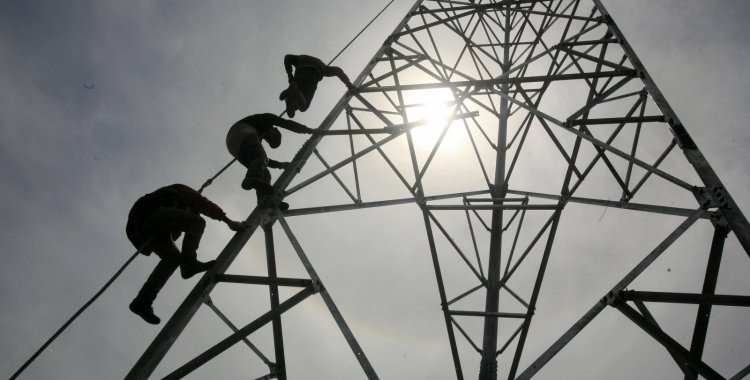In a study carried out on competition in the sector in Angola, which Lusa had access to, ARC found several competition concerns, particularly of a structural and legal nature.
Among the "concerns" of a structural nature, he points out the high degree of direct participation of the State, high level of vertical and horizontal integration in the market, barriers related to the implementation of the Electronic Communications Infrastructure Sharing Regulation, high level of concentration in the market and exclusivity agreements and package sales in the subscription TV segment.
Regarding competition "concerns" of a legal nature, the human resources management model stands out, the regulator's dependence on superintendence, barriers relating to the implementation of regulatory initiatives, the existence of legal limits in the TV segment and the risk of conflicts of competences between INACOM – National Communications Institute – and ARC.
In the study, which covers the period between 2014 and 2021, ARC highlights that despite the presence of several operators in the telecommunications market, "the active participation of the State is notable", both through public companies that are part of the shareholder structure of other companies in the sector, such as Unitel and Movicel.
The State is a shareholder in Movicel and Unitel through the holding of 25 percent of the capital held by the National Institute of Social Security (INSS) and the 50 percent shareholding held by Sonangol, he recalls.
The Competition Regulatory Authority also highlights the prominent position of MS Telcom and Angola Telecom (public companies) in the fixed telephony and fixed internet segments in the shareholder structure of Unitel and Movicel, respectively.
The fact that these companies own infrastructure, including the Last Mile (last part of the transport of a product) and, on the other hand, the fact that competition in the mobile and fixed telephony market occurs essentially between companies whose shareholding is held mainly by the State, are highlighted as factors that "pinch" competition.
"This scenario is unfavorable to the liberalization of the sector, as it reduces the incentive for private companies to access the market, due to the fact that they have state-owned operators as competitors", notes ARC.
The current scenario may have negative effects on competition, "taking into account that it is a capital-intensive segment of economic activity, meaning that companies owned by the State will always be in an advantageous position, especially in the context of recapitalization processes".
Furthermore, State intervention in the telecommunications market, through public companies and the shareholder structure of companies with mixed capital, "which, by the way, dominate the market, has the potential to distort competition", warns the regulatory entity, considering that this could put “private operators in inequality”.
The Public Aid Control Department, the ARC body that prepared the study, also points out that the State's excessive presence in the telecommunications sector inhibits its liberalization and goes against the principles that guided the creation of the Government's Privatization Program (ProPriv).
For this reason, he argues, "it is necessary to ensure the reduction of the State's direct participation in the market, especially telecommunications, as the guiding objective of ProPriv, with the purpose of limiting the emergence of monopolies, guaranteeing the liberalization of the market and, consequently, increasing competitiveness between companies".
The "excessive presence" of the State in the market "constitutes a reality that is unfavorable to the promotion of market liberalization and discourages investment in the sector", he maintains.
"Above all, due to the fact that such companies have as a competitor the State itself, which acts in a situation of conflict of interests, being simultaneously a market operator and regulator", he indicates.
ARC also recommends that the Ministry of Telecommunications, Information and Communication Technologies, which oversees the sector, and INACOM, as regulator, ensure the reduction of the State's direct participation in telecommunications, through the exit of shareholder capital from public telephone companies mobile, "in order to contribute to increasing competitiveness between operators, as well as promoting a culture of healthy competition".
The aforementioned bodies are also highlighted the need to ensure that public companies no longer form part of the shareholder structure of operators operating at different stages of the market value chain, as a way of improving the functioning of the sector and encouraging the entry of new private operators.







